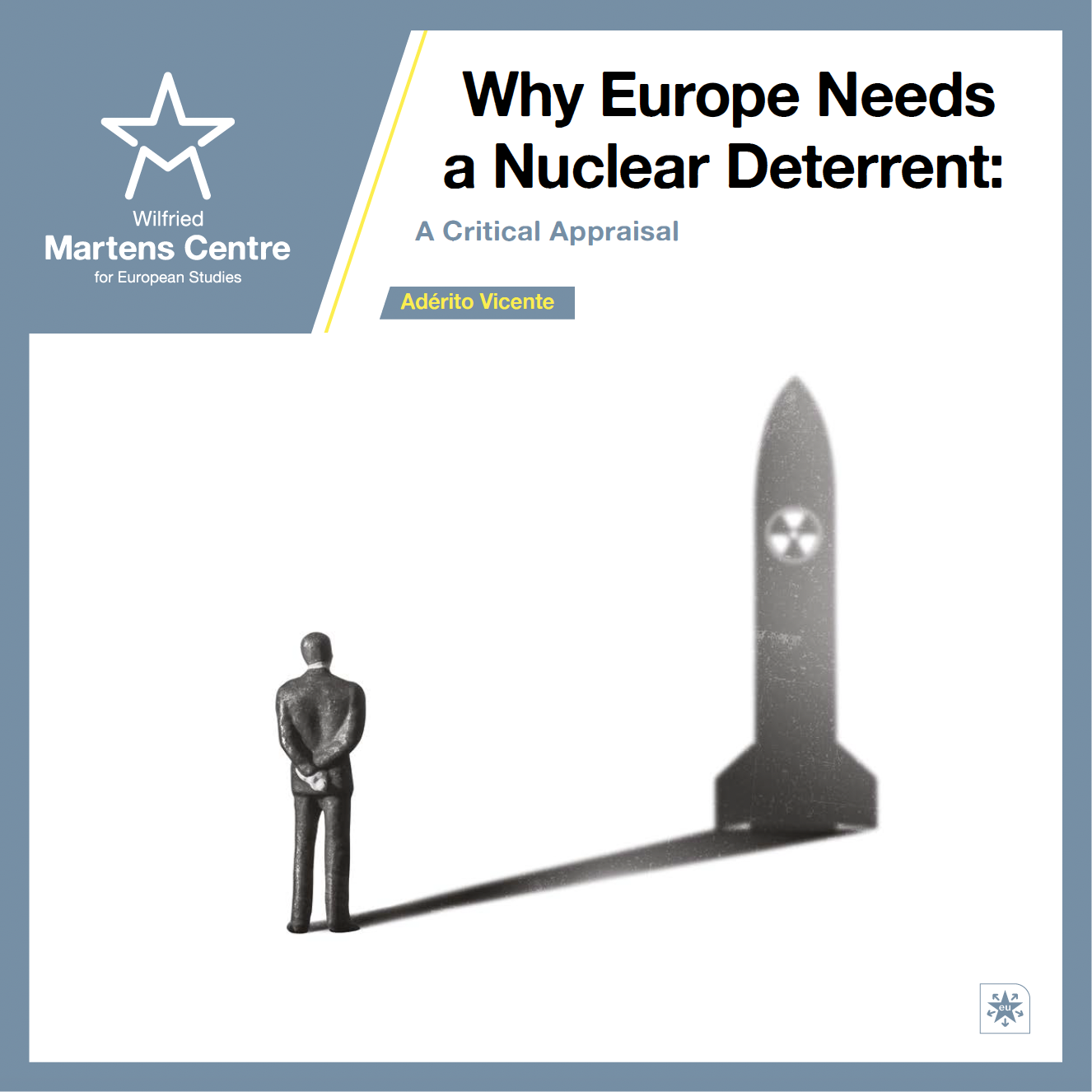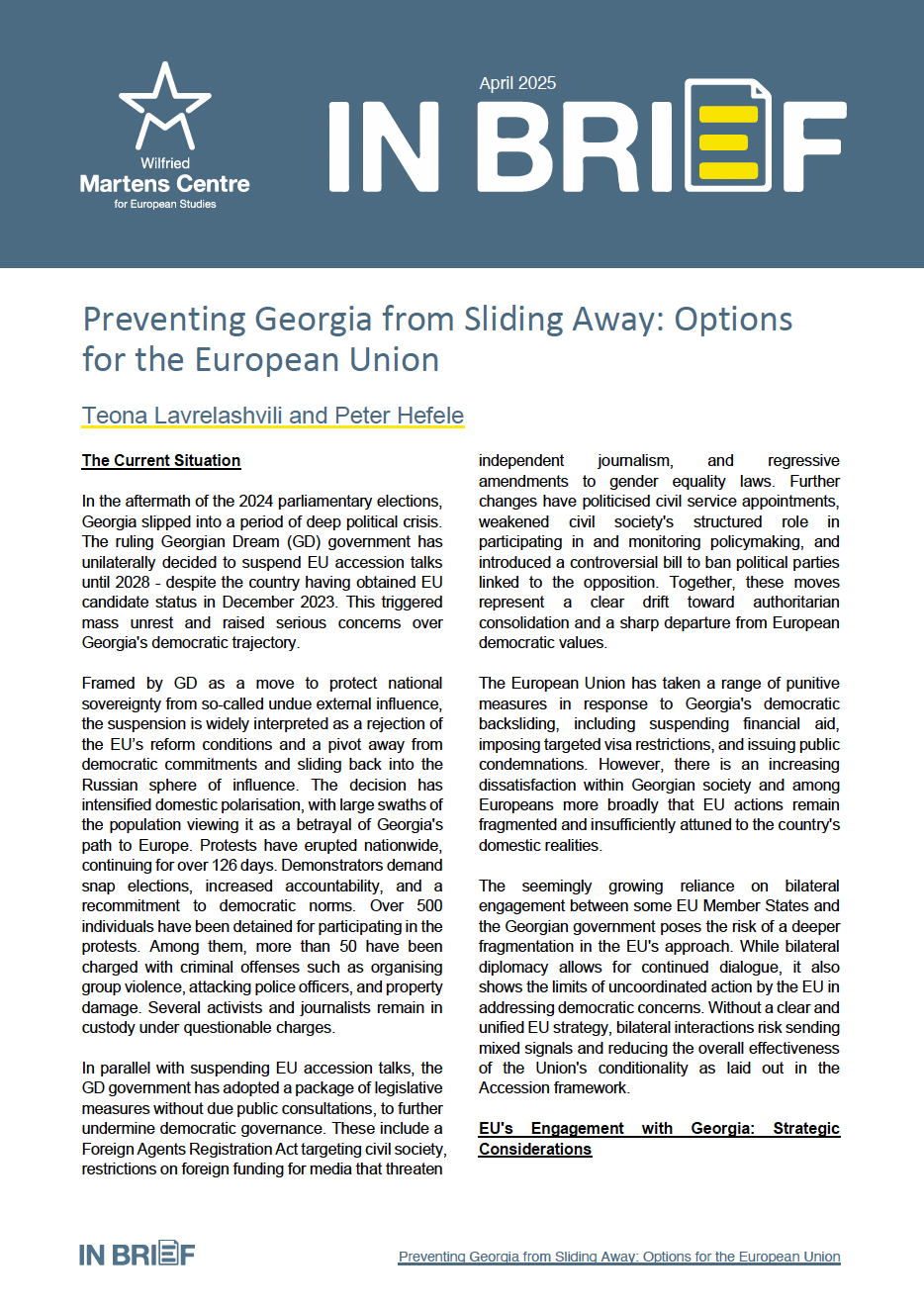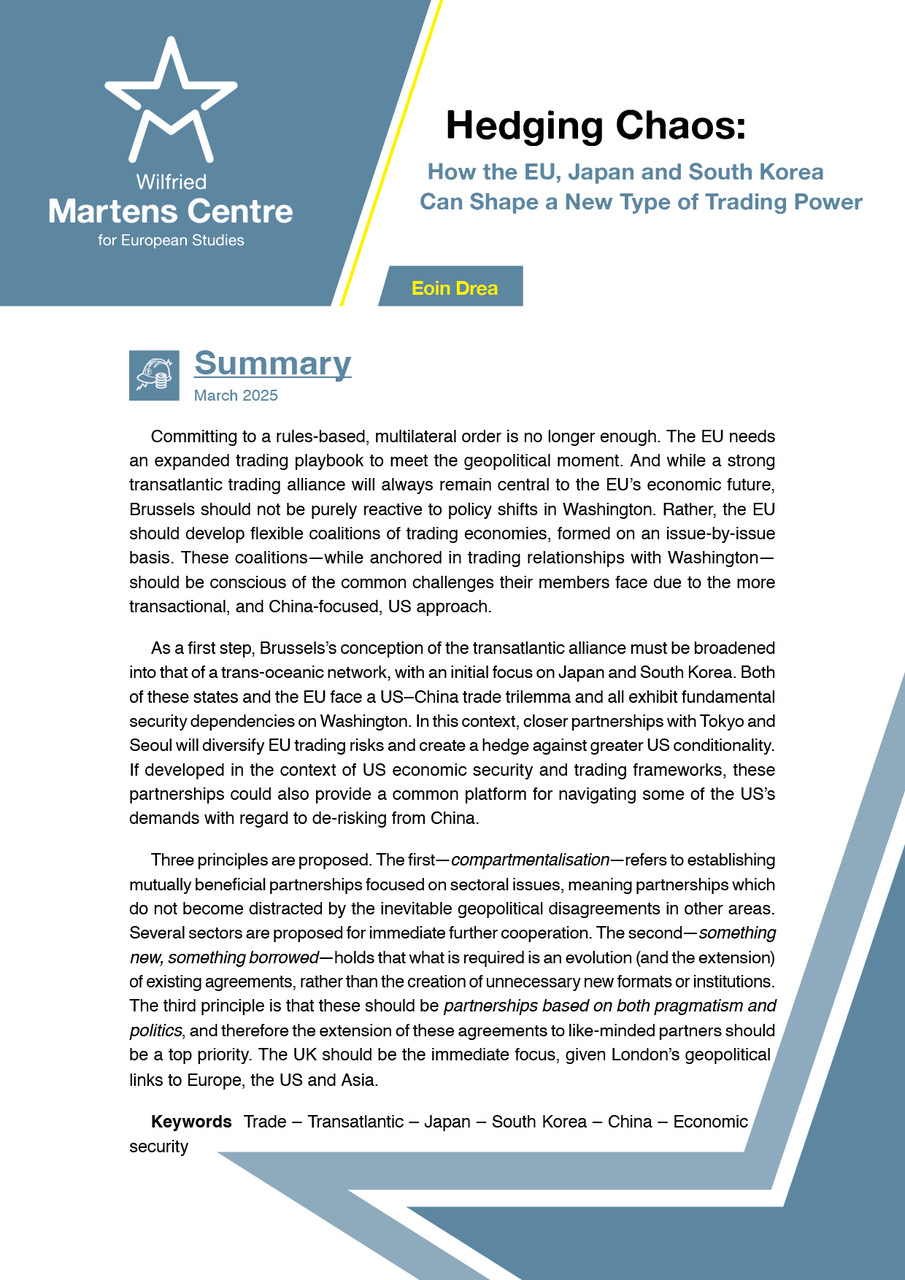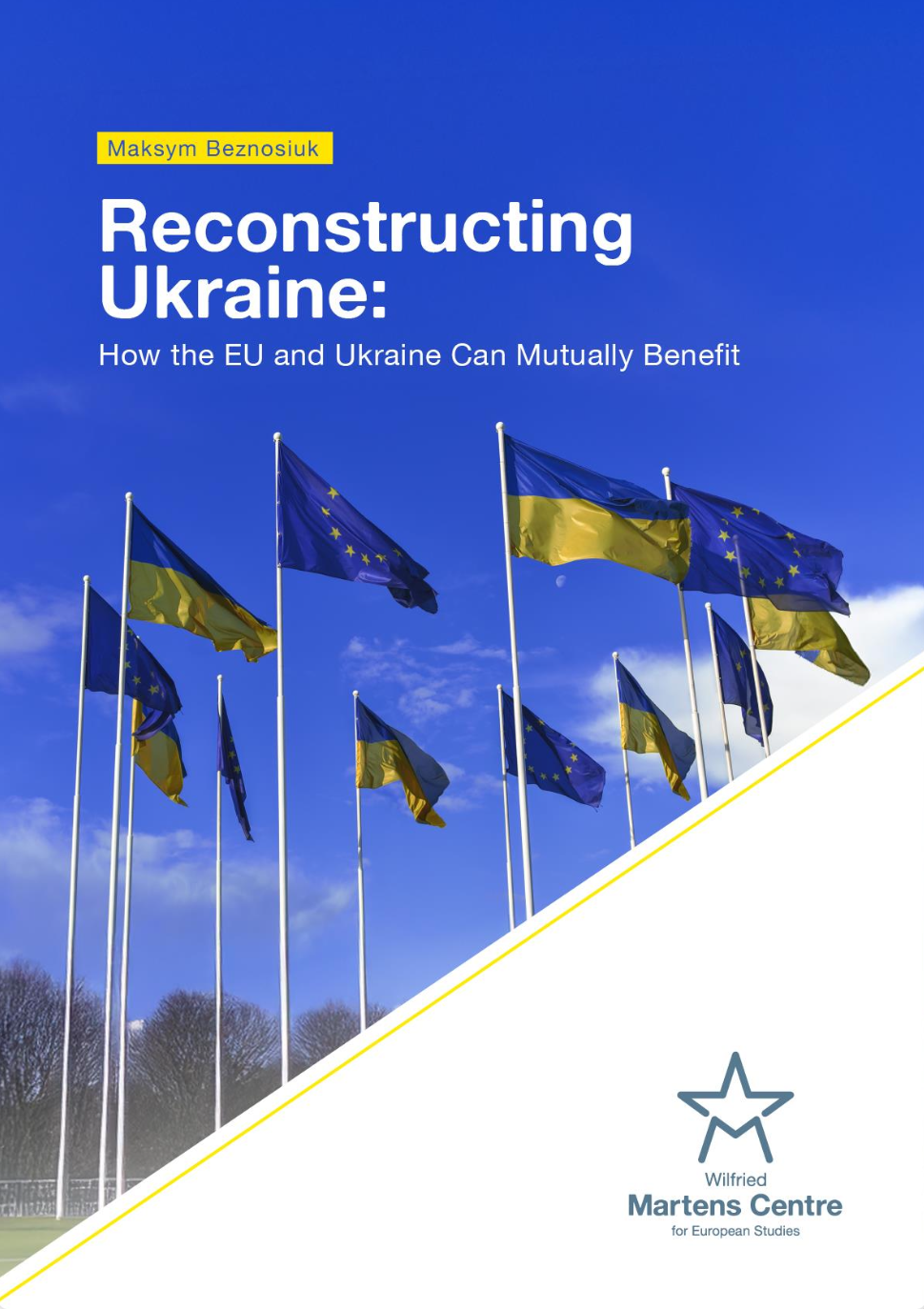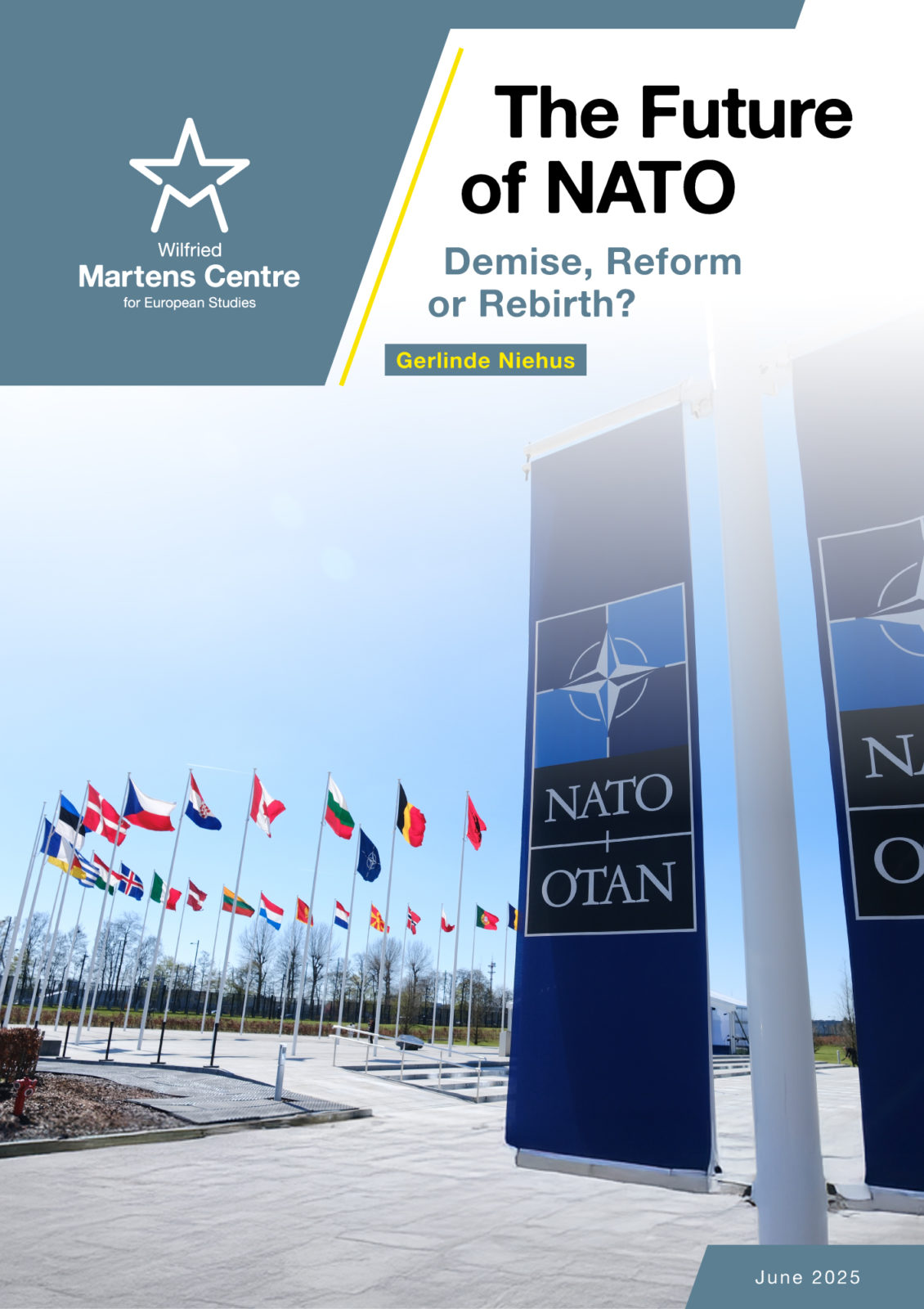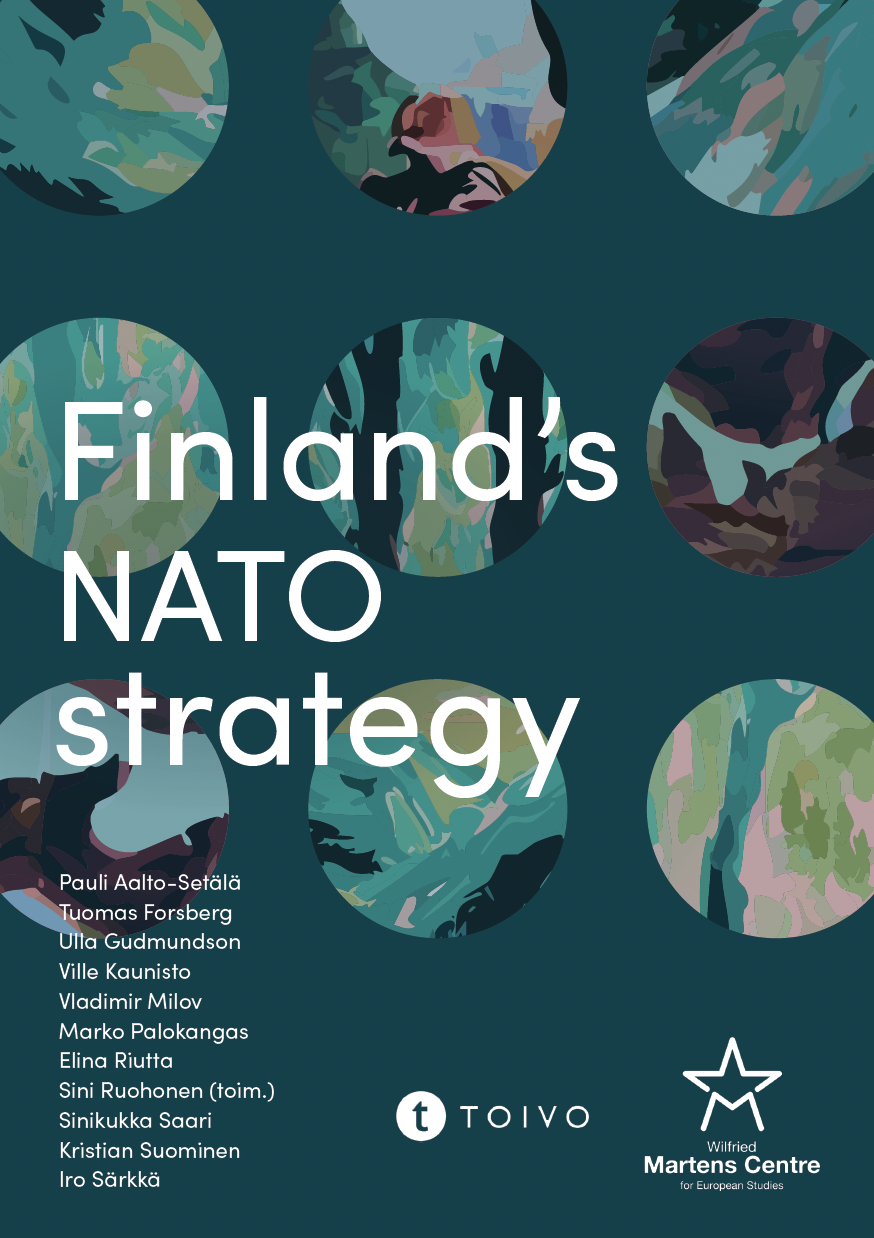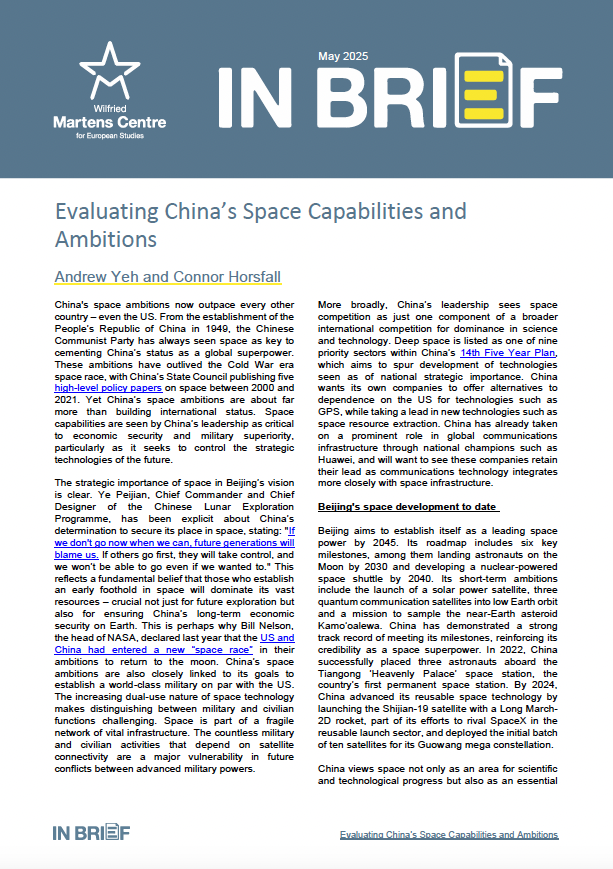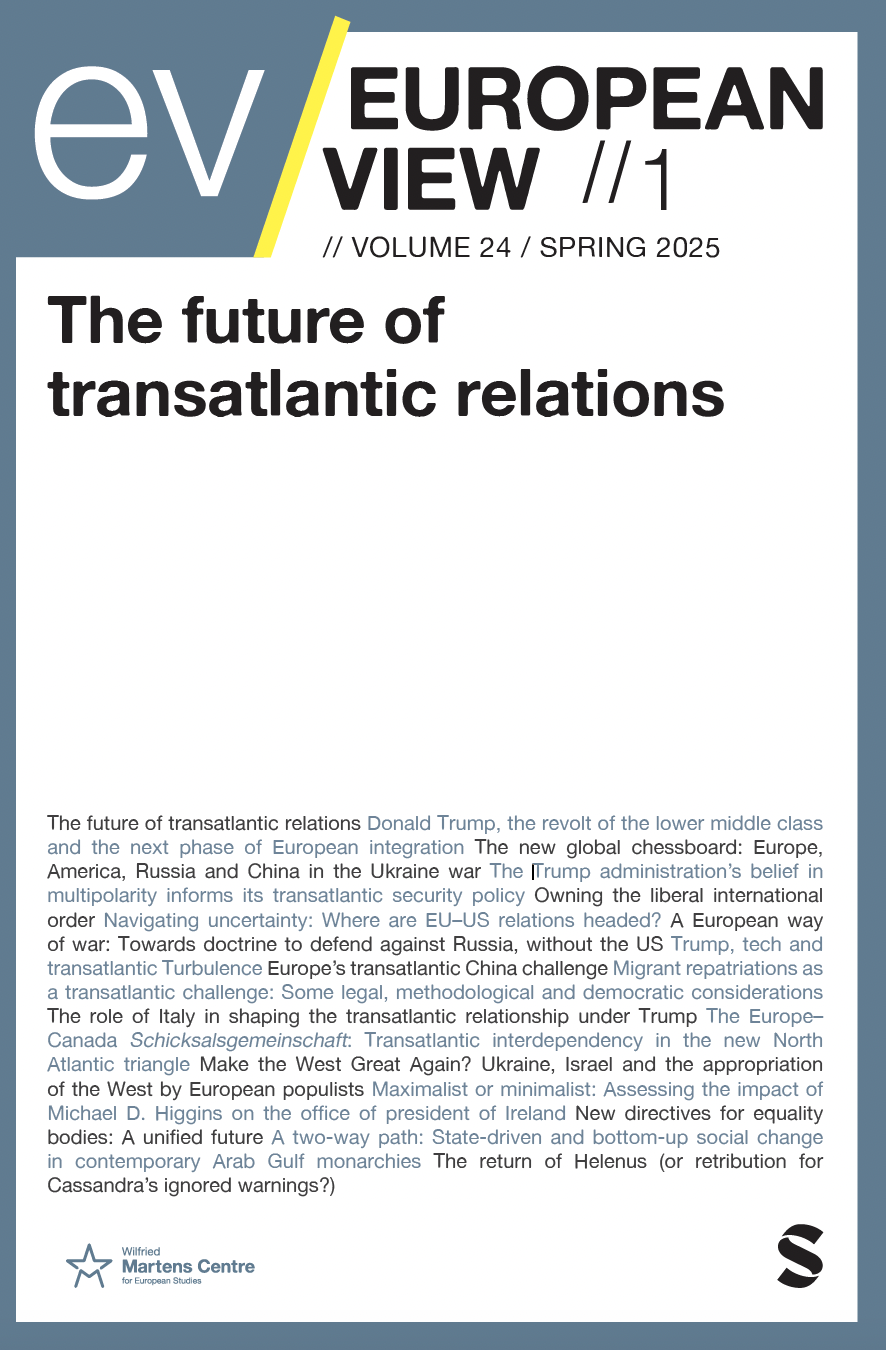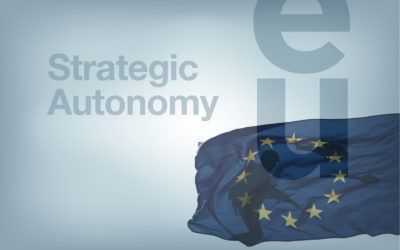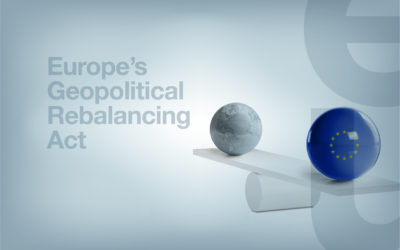Why Europe Needs a Nuclear Deterrent: A Critical Appraisal
01 October 2024
Nuclear weapons remain the unquestioned core of European defence and security policy. Most European countries rely on NATO’s nuclear umbrella for collective defence, primarily under US leadership, while a few, such as France, continue to address nuclear issues on a strictly national basis.
The current security landscape in Europe is characterised by growing complexity and uncertainty. Russian President Vladimir Putin’s unprovoked invasion of Ukraine has highlighted Europe’s security vulnerabilities and raised concerns about Moscow’s nuclear sabre-rattling, especially in the Black Sea region. Furthermore, the emergence of revisionist powers, such as Russia and China, which are challenging the Western-led liberal world order, presents a new two-peer challenge for Euro-Atlantic security and NATO’s extended nuclear deterrence. This, combined with the evolving dynamics of American foreign policy in the Indo-Pacific region and the potential re-election of the ‘transactionalist’ Donald Trump in November 2024, highlights the imperative for a critical reassessment of the role of nuclear weapons in Europe.
In this context, a rigorous political debate is essential to explore the potential need for a common European nuclear deterrent, while prioritising the preservation of both the Atlantic Alliance and the Non-Proliferation Treaty regime.
This research paper aims to critically evaluate the viability and necessity of implementing a shared nuclear deterrent for Europe, thereby enhancing the continent’s autonomy in its collective security and defence policy decisions. Taking into consideration Europe’s historical context and the current state of nuclear deterrence, the paper meticulously examines the prospects and challenges of establishing such a deterrent. It presents potential avenues and policy recommendations. Ultimately, the paper seeks to provide valuable insights that contribute to the academic and political discourse, and a compelling argument for EU policymakers to reconsider, discuss and potentially establish a European nuclear deterrent.
ENJOYING THIS CONTENT?


